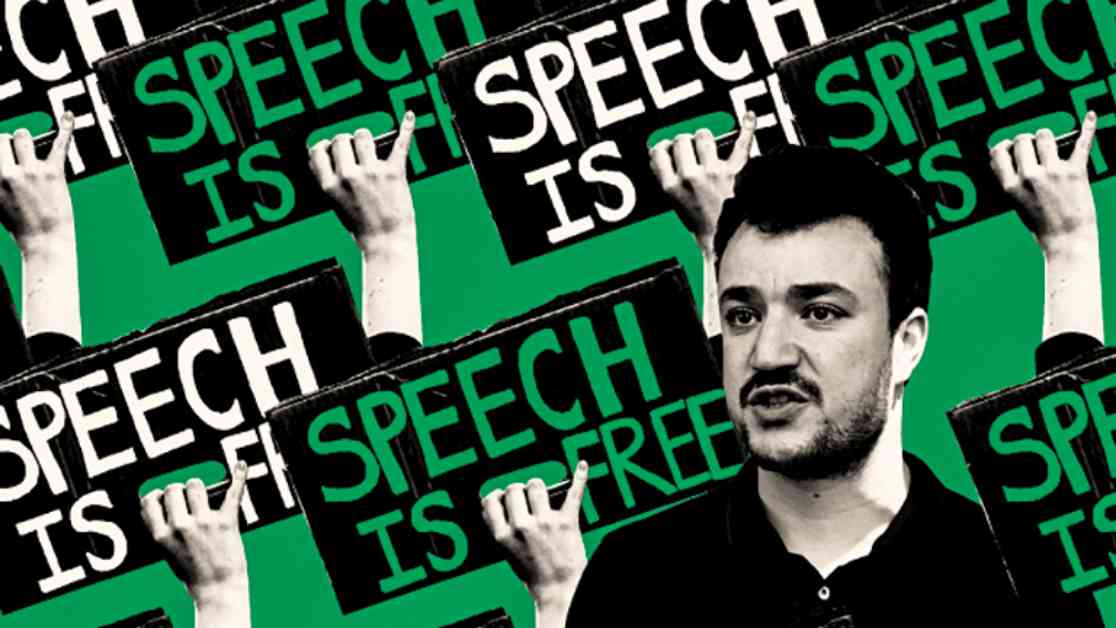Last Saturday evening, Mahmoud Khalil, a recent Columbia University graduate student, was met by four plainclothes agents from the Department of Homeland Security in the lobby of his Morningside Heights apartment building. The agents informed Khalil that his student visa had been revoked and he was to be arrested for deportation. This unexpected turn of events left many wondering about the motives behind the Trump Administration’s decision to target Khalil, a Syrian-born Algerian citizen of Palestinian descent, who had played a prominent role in the pro-Palestine protests that roiled Columbia’s campus life in the past year.
Unveiling the Allegations
Upon receiving the news of his impending arrest, Khalil promptly contacted his lawyer, Amy Greer, who engaged in a dialogue with one of the agents. To the surprise of many, it was revealed that Khalil, a permanent U.S. resident with a green card, was having his residency status revoked by D.H.S. The vague accusations against Khalil included alleged ties to Hamas and activities deemed contrary to U.S. foreign policy, leading to his imminent deportation. The administration’s use of an obscure 1952 immigration statute to justify its actions raised concerns about the erosion of free speech and the right to dissent.
Expert opinions on the matter highlighted the potential consequences of such a move, with critics pointing out the dangerous precedent it set for targeting individuals based on their political views. The blurred lines between legitimate criticism of Israeli policy and antisemitism were a focal point of the controversy surrounding Khalil’s case. The Trump Administration’s decision to escalate the situation by invoking national security concerns further muddied the waters, leaving many questioning the true motivations behind Khalil’s arrest.
The Larger Political Landscape
The unfolding events surrounding Khalil’s arrest shed light on the broader political landscape in which free speech and dissent are increasingly under threat. Trump’s administration, emboldened by its unchecked power in Washington, has taken a series of drastic measures aimed at curbing voices that challenge its policies. The targeting of Khalil, a vocal advocate for Palestinian rights, is seen as part of a larger crackdown on dissenting voices within academic institutions and beyond.
As the public outcry over Khalil’s arrest grows, the debate over the limits of free speech and government overreach continues to intensify. The Trump Administration’s attempts to silence dissent through intimidation and legal maneuvers have sparked a wave of resistance from various quarters. The implications of Khalil’s case extend far beyond his individual circumstances, serving as a cautionary tale about the fragility of democratic values in an increasingly polarized political climate.
In conclusion, Mahmoud Khalil’s arrest represents a pivotal moment in the ongoing battle for free speech and civil liberties in America. The Trump Administration’s brazen attempt to silence dissenting voices through coercive tactics has galvanized a diverse coalition of activists, scholars, and concerned citizens. As Khalil’s case unfolds in the coming days and weeks, it will serve as a litmus test for the strength of America’s democratic institutions and the enduring legacy of free speech in the face of authoritarian impulses.












